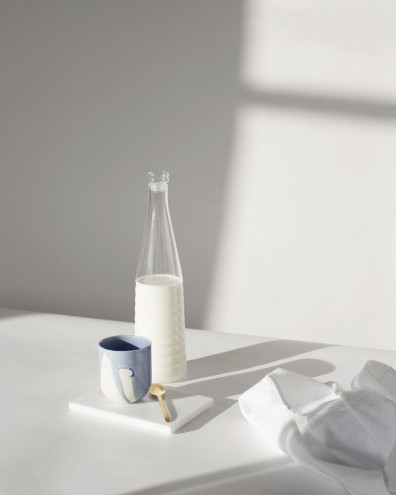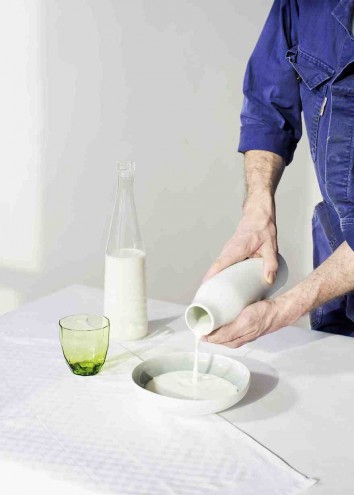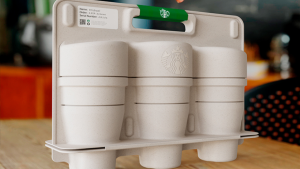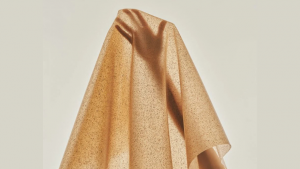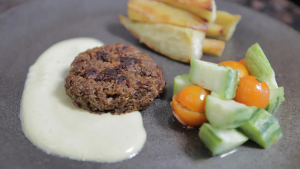April will be an interesting month for the dairy industries of European nations: the three decade-old European Milk Quota system ends 1 April, giving farmers the freedom to produce as much milk as they want. The system was originally put in place by European governments to control over-production, but as global demand for milk increases European farmers are losing out to countries such as India that are beginning to dominate the global market.
So what is the value of milk? And what role does it play in society? A pop-up “Milk Salon”, opening in Amsterdam on 1 April, will bring designers, dairy farmers, local consumers and scientists together to facilitate debate about the role of milk in the Netherlands, a big dairy-producing country.
“To truly innovate and create more sustainable systems, we need new perspectives, new values and reflections on the existing system,” says Helen Kranstauber of creative agency Food Cabinet, who conceptualised the Milk Salon with Dutch designer Sietske Klooster.
“Designers can play a role in this: they bring in fresh perspectives and ideas. I think we need to facilitate the cooperation of agri and design in a good manner: these are two different worlds with two different languages,” Kranstauber says.
The Milk Salon will form part of Klooseter’s research into milk’s connection to Dutch history, food culture, economy and landscape.
Milk parlours were commonplace in Amsterdam around 1900: they were spaces where dairy farmers sold their produce direct to customers in the city. Later they became mobile milk vendors, before supermarkets finally took their place. The purchase of milk in supermarkets has cut the connection between the producer and the consumer.
During the month of April the pop-up Milk Salon will invite visitors to join in the debate about the impact of dairy farming on the environment and landscape, the price of the product, and the meaning of milk in Dutch society. It will host milk talks, design sessions, lectures, movie nights, “Old Amsterdam Milk Tours” and even culinary adventures courtesy of renowned Dutch chef Gilbert Kolff.
“Milk will be the basis of his menus,” says Kranstauber. “We have three themes: milk as the origin, milk and culture, and milk and the system. He will freely interpret these and serve three-course meals.”
Says Kranstauber: “A new time arises in which it will become more and more important to create a value-driven business.”

